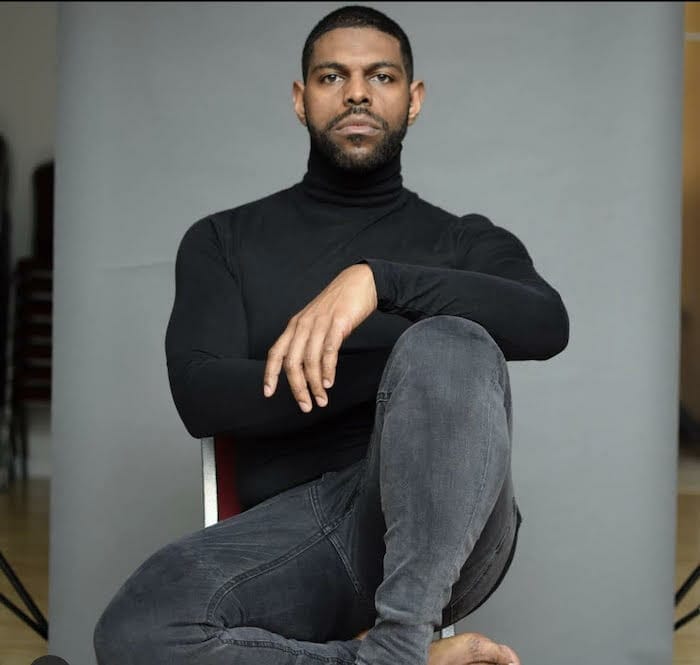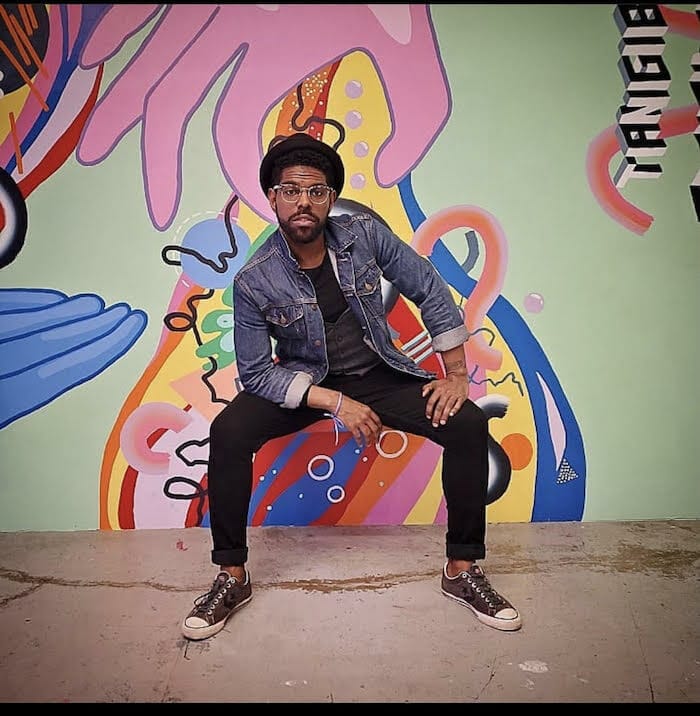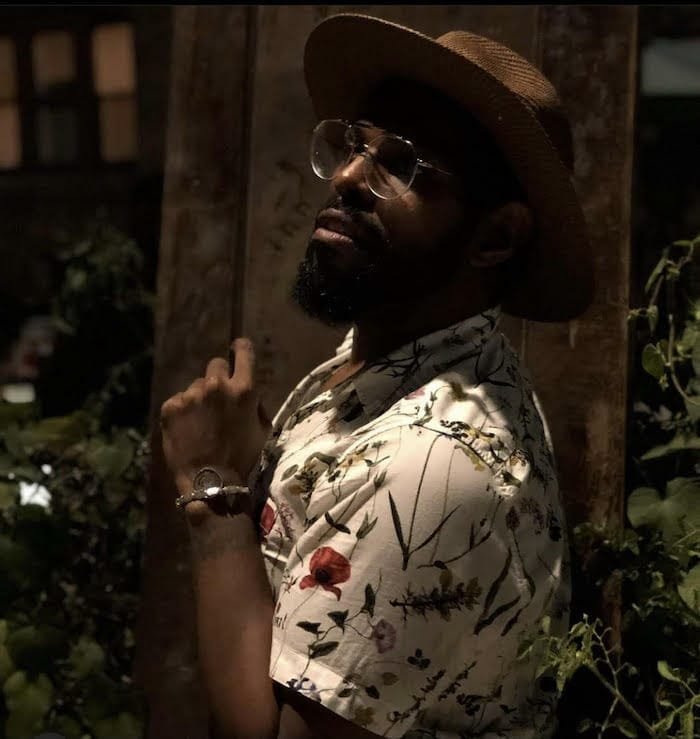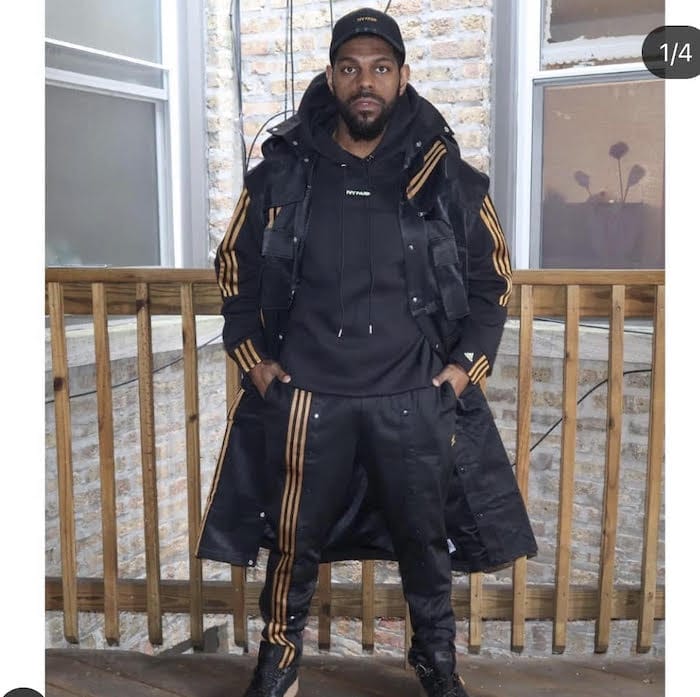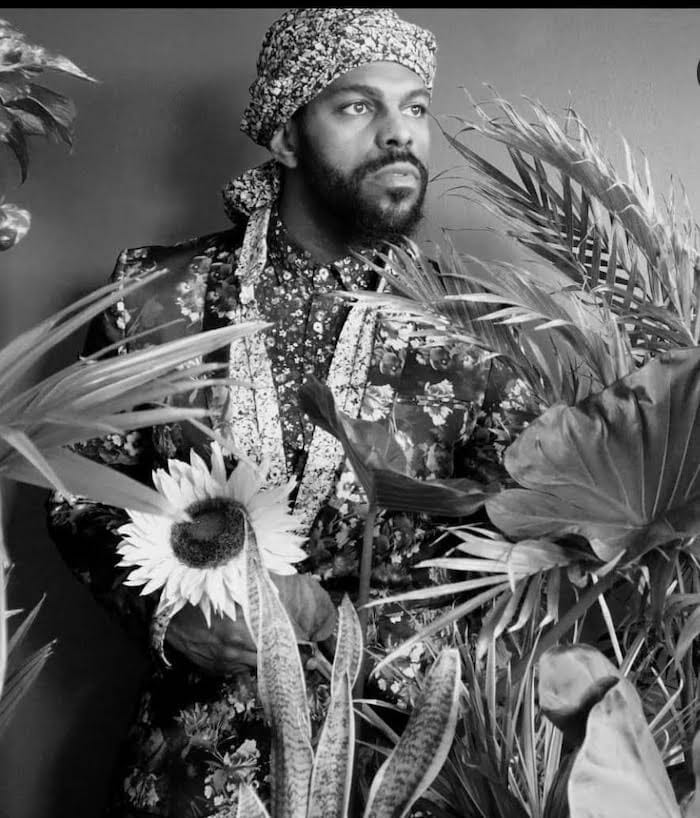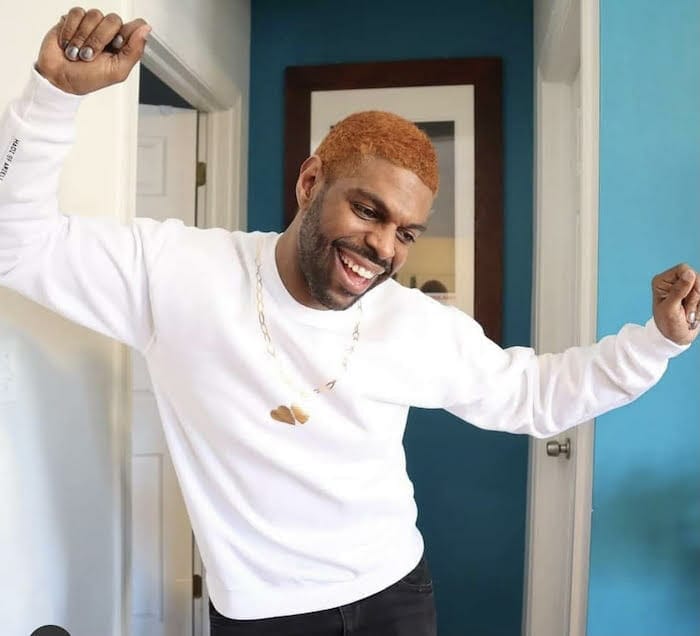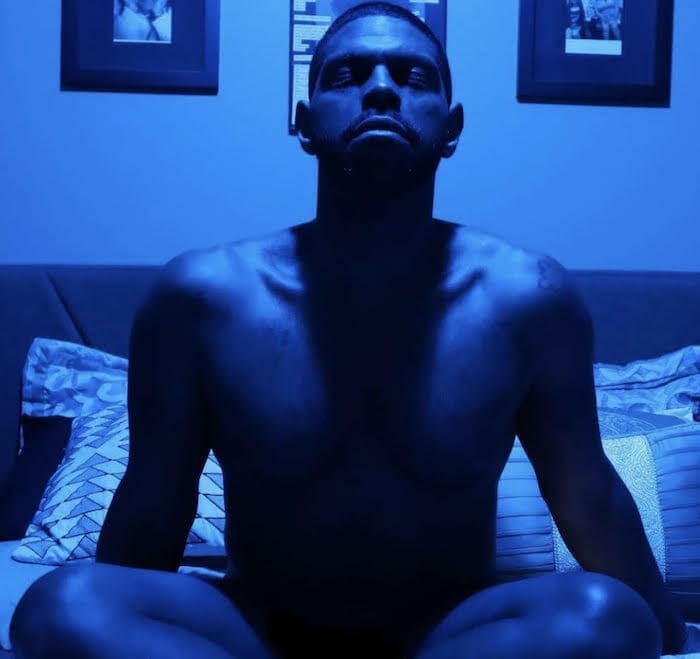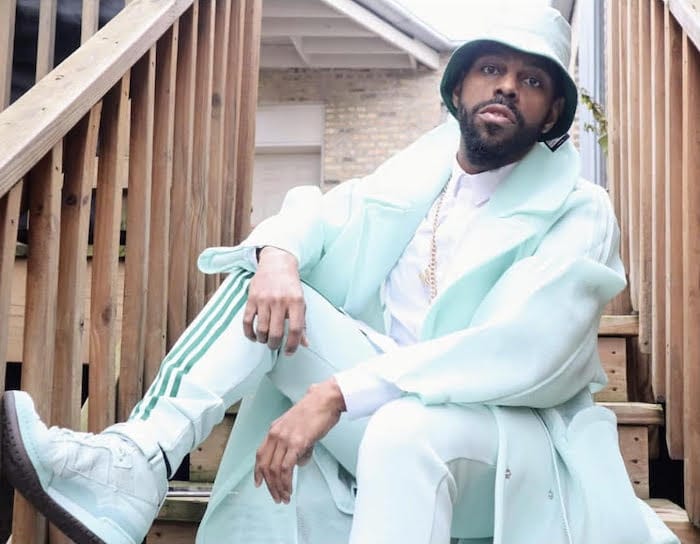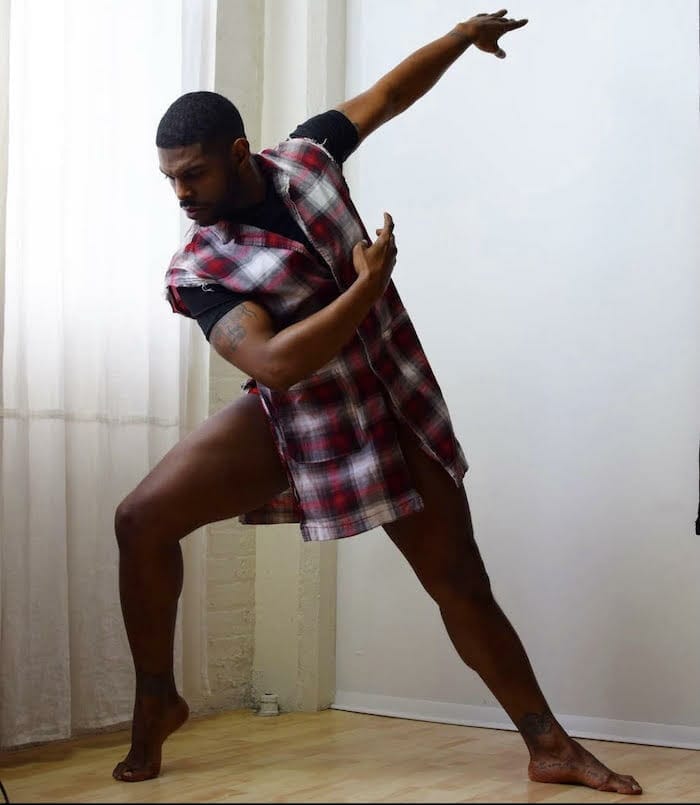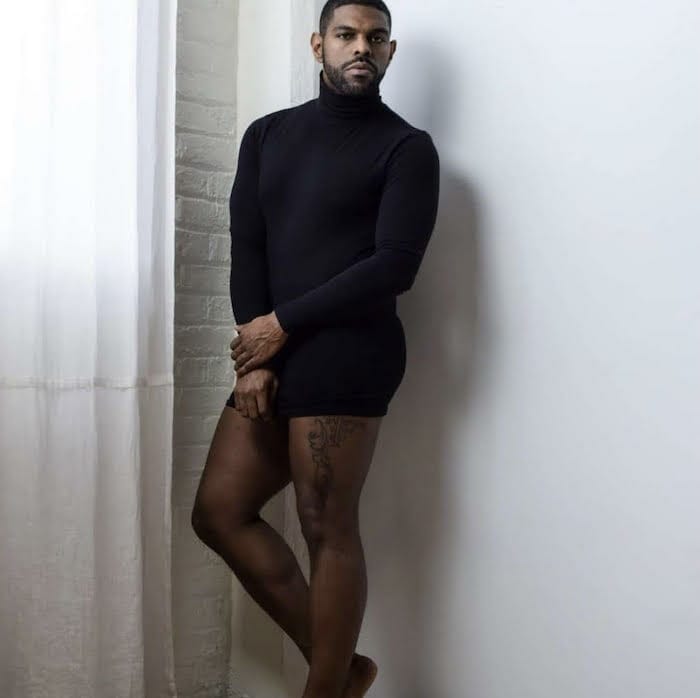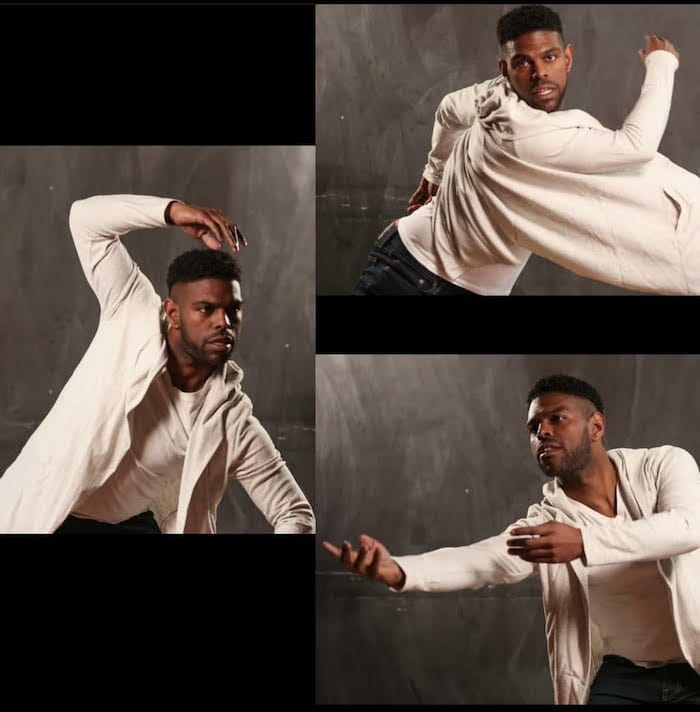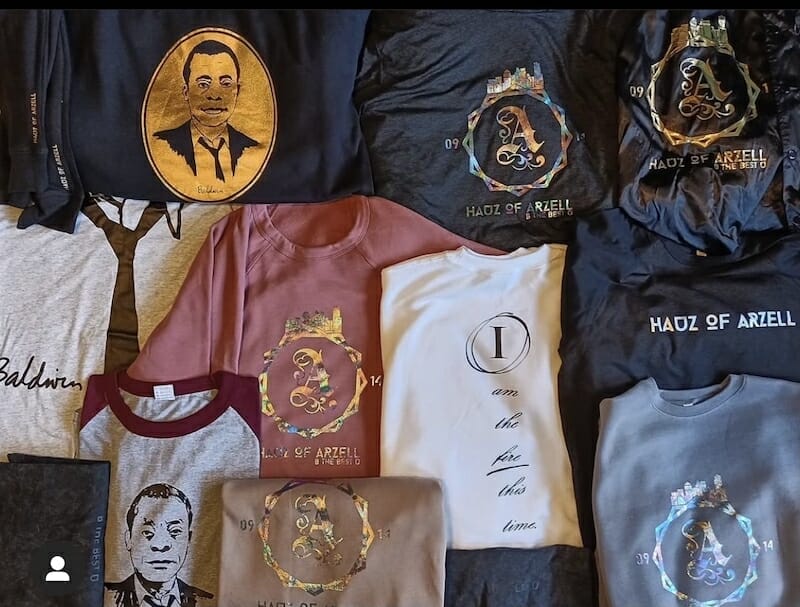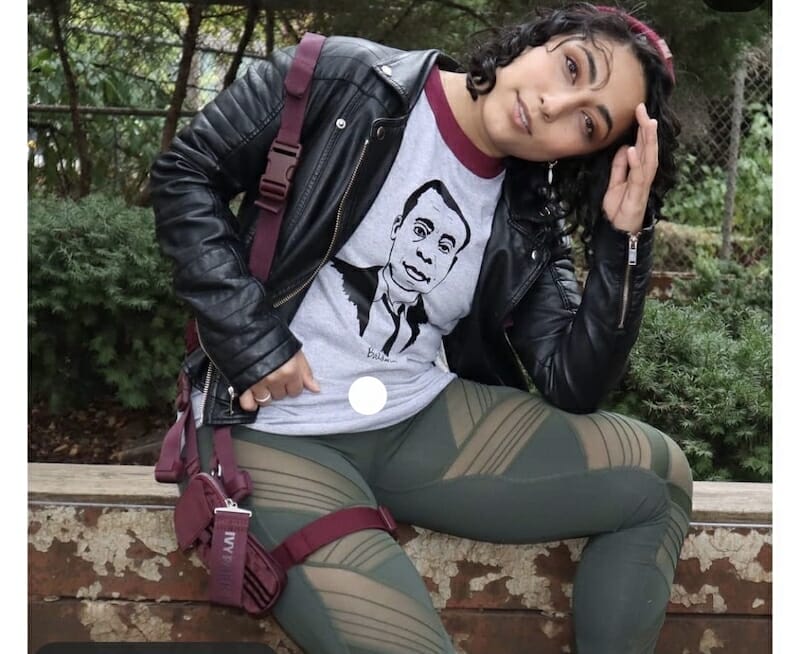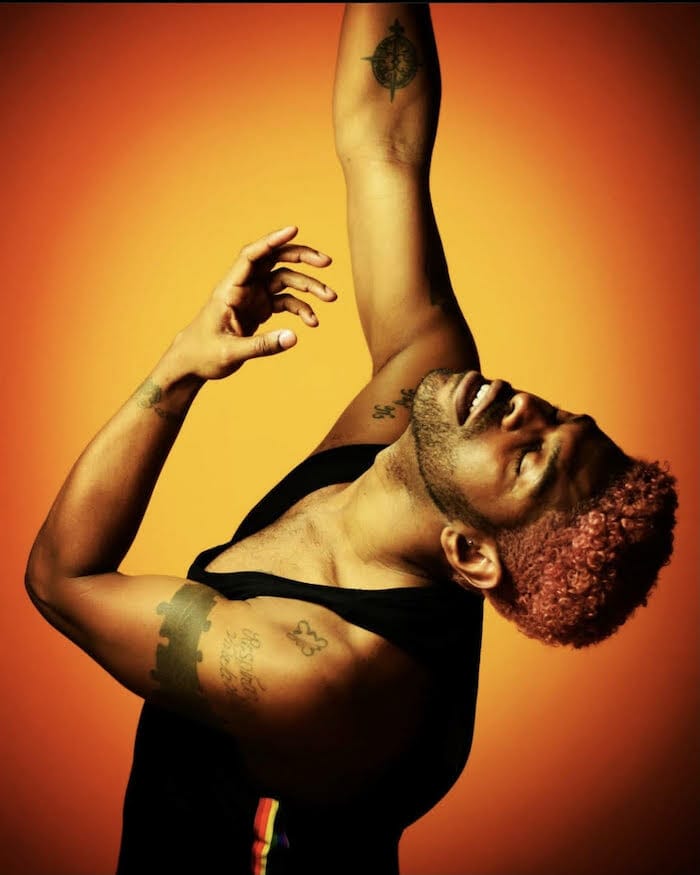Editor’s Note: Read related interviews in the George Floyd: In Memoriam roundup.
Breon Arzell—actor, choreographer, and now fashion designer — is well known to Chicago theater-goers for the many productions with themes of racism and anti-racism. Soon to be presenting a work at the Kennedy Center for Performing Arts, Arzell’s work is likely to be known to a larger national audience in short order.
Arzell, shares with Picture This Post readers that he considers this “…a very important time in our history.” Here, Picture This Post (PTP) asks Breon Arzell (BA) to elaborate on this thought from his perspective and expertise in the theater and dance world.
(PTP) How has the #BLM movement affected your work and views of where you want your artistic output to be going forward?
(BA) We are at a very important time in our history. How we continue after this tragic moment is imperative in how we choose to live our lives and continue to make our art. We have to be better than before. We MUST. The time of excuses, and false allyship, and performative activism, and we had no idea, and complacency, and social ignorance, and lack of accountability died in the pandemic. From now on, the only way we can truly evolve, advance, and grow, is to not only talk about what is wrong, and NAME IT, but create action steps for change; and not at the expense, or uncompensated emotional or physical labor, of the oppressed.
I have been very fortunate to have been involved in many productions that add to this discussion. It has become a part of my brand, and platform. I strongly believe that we must make theater with a purpose. Escapism is no longer a justifying excuse. Escape to what? Even the most bubbly, whimsical show should have purpose. So, I set out to do this with all my work, whether directly or subversively. I would say my most direct impacts have been with The Hairy Ape, both Scottsboro Boys shows (Direct from Death Row, the Scottsboro Boys, Raven Theatre & Scottsboro Boys, Porchlight Theatre), and most emphatically, Kill Move Paradise, which is in direct response to the present, and the racial pandemic of killing Black people.
I believe there are many ways to do this, but there are two ways, in particular, I have hope for.
- Having shows like Kill Move Paradise and Scottsboro, that confront the ugly truth head on, and hold up a mirror to the audience. Not talking about it, or refusing to acknowledge, or past is a large part of why we are where we are.
- Have shows featuring, designed by, told by, Black people that are NOT about race. We are more than our race. We are more than the struggle. For goodness sake, just show us being HUMAN, and living our lives like you would any other person or community. Place us in narratives that exist on their own. Why not be a prince, why not live under the sea, why not be three sisters or a “star-crossed lover?”…
Let us be, let us BREATHE
Many of your recent works (such as Kill Move Paradise and the films in P.Y.G. and, etc.) have dealt with issues of racism, #BLM, and recognizing the color line— Can you share with our readers how you think these works affect Black and White audiences differently?
I think this largely relies on intent, and the intended audience. For some audiences it is about acknowledgement and recognition; acknowledging on what side of the experience you are a part of. Is this show FOR you, or ABOUT you. Quite frankly, a lot of shows, although written about the Black experience in America, are not FOR Black audiences. A lot of times, the racially or politically charged shows are for non-Black audiences. To recognize an experience different from their own, to show them the world they created or maintain, to teach and inform them of the things that go on in their world, that they are ignorant to, or complacent in. We are artists, and we don’t create in a vacuum. However, it is never my purpose. I strive for my work to be an extension of the story that is trying to be told. It’s not about audience consumption, but how my work can assist in the authentic telling of the story.
Do you feel that audiences respond to you differently in the various countries where you have performed or choreographed works?
Absolutely. As is human nature. But also, the work I do in Chicago is vastly different from the work I did abroad. Those productions served a different purpose. Those were about education, and teaching language, and reaching out to a younger demographic. Also, there, I was seen as a novelty. Not in a negative way, but the fact that I was an American Black guy, and (at the time) had big curly hair, people were immediately attracted to me. For many, I was the first Black American they had met in person. Also, because of my own heritage (causing lighter and red undertones in my skin), I didn’t look like the black people they had over there, which were primarily directly from African countries. It was always interesting, but in truth, felt nice to exist without the weight that comes with being Black in America.
Do you feel that racial barriers have posed special challenges to you and others in the theater and dance industry?
In every way possible. *sigh* You know, There is far too too much to say on this, and we can definitely speak about it, but I’m exhausted even thinking about typing it all out. The challenges and barriers run DEEP; from casting, to hiring, to opportunities, to costuming, hair, make-up, even the very works that are being chosen to produce; skin tones, assumptions, “types”, “urban”, “flavor”, microaggressions, fear mongering, I mean... take your pick. In short, the industry is not immune; quite the contrary, it actually, in some ways, reinforces the barriers, challenges, and issues of society.
I believe that my calling is to impact and connect with people; and choreography is just one of my means of doing that and fulfilling that purpose. I never decided on choreography. Still haven’t. Hahaha. Every single day I doubt and question the choice to call myself a choreographer.
Sometimes I look at other people’s work (Alvin Ailey, Judith Jamison, Fatima Robinson, Debbie Allen, Laureann Gibson, Frank Gaston, Jemel McWilliams) and wonder, “how I have the nerve to call yourself what now?” And I have to check myself, and realize that I have a story to tell, and a way to tell it, that is uniquely my own, and I should not compare my artistic journey and strengths with others. I am a firm believer that I am where I’m supposed to be, to be in service to the universe. So, I try to take THAT approach. I am here,at this moment, for a reason. What is the takeaway?
Can you please share with our readers the backstory of Hauz of Arzell and why you chose to create it in honor of your mother? Inspiration for designs with symbols such as a fist, activist in the movement and positive quotes by historic Black leaders?
I step back and look at my sisters and I, and although totally different from one another, the lessons my mother instilled in us are all the same, and strong. She was an advocate for hard work, education, pride, and love (for yourself and others). That’s what I want my brand to be. Something rooted in love, and exemplifies dignity, intelligence, work ethic, and self-worth. Everyone should feel this. What you wear, how you feel, and how you present yourself are a huge part of this; and I want to be a part of the discovery and declaration of that within my clients, and the community.
These days the media is littered with images and ideas that you have to have a certain amount of money to achieve this; that you have to have a certain social standing. I say BOO to that! Every person, no matter what, should have the access and ability to feel beautiful, confident, and powerful.
Because we are.
My mother also taught us to be proud of who we are, and where we come from. I want Hauz of Arzell to do it’s part in publicizing the elegant legacy of the Black American. Throughout history, and all manners of adversity, we are as beautiful and magical as the ancestors before us. And this love for oneself, and our community, will influence love to all. B the Best U.
To learn more about Breon Arzell and Hauz of Arzell visit the Breon Arzell website


